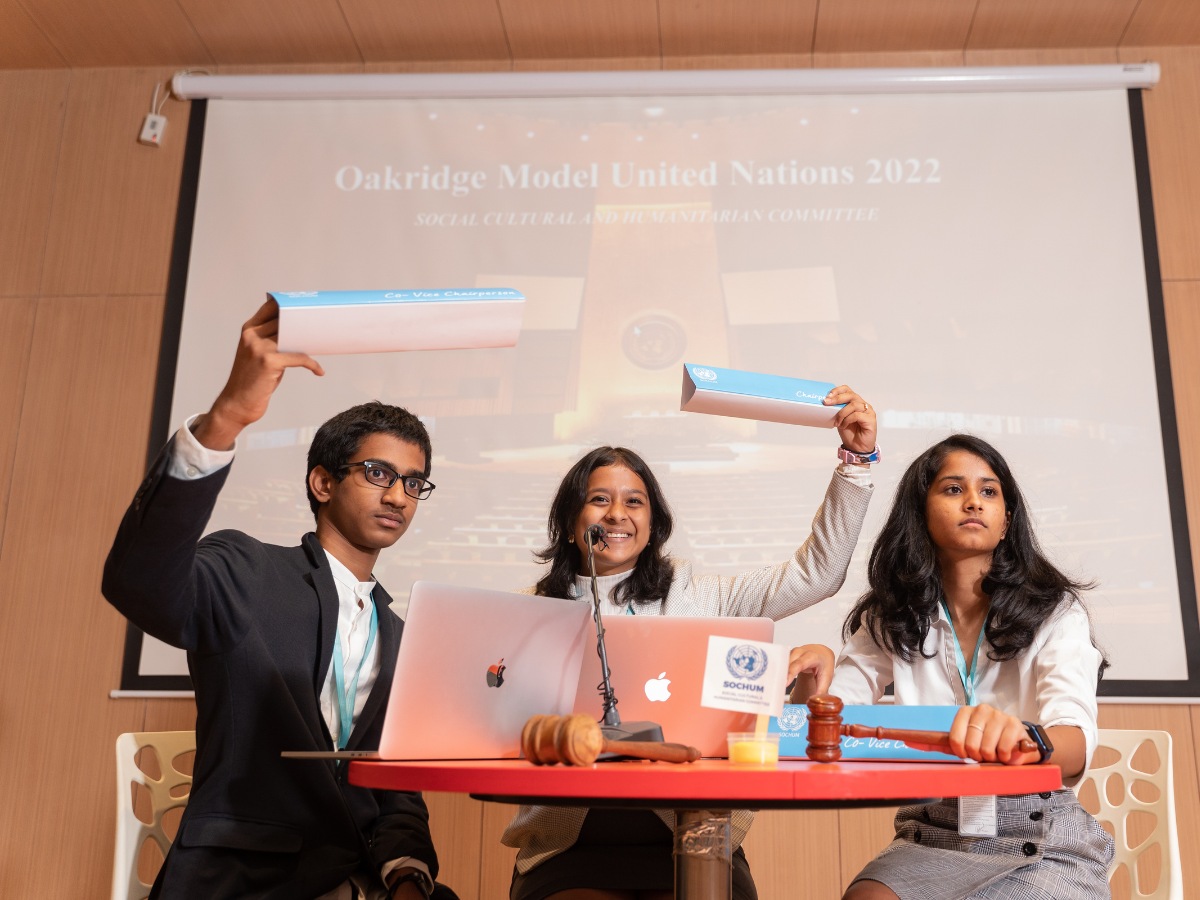The Top 5 Skills Kids Need to Succeed in 21st Century Workplace
- 31 January 2024


The 21st century is a time of unprecedented changes on many fronts thus entailing a set of skills that would enable children to be successful at the workplace. There are rapid technological changes alongside changes in roles and professional opportunities in today’s world. A whole gamut of career options has come to the fore as compared to the restrictive roles and opportunities available in the previous century. To make the most of these opportunities and find them engaging, children must equip themselves with the skills that ensure that they are equal to the task.
This is a skill that was left to serendipitous learning till recent times. Today, however, we live in a world where this must be taught in a structured fashion to enable all children to wade through a barrage of data. Passive consumption of information is a trait of the bygone era; today’s children are expected to critically engage with sources of information so that they make an informed decision that stems from a deep understanding of the data. When critical thinking is second nature, children are likely to recognize patterns, have an insightful understanding, bring in some healthy skepticism and thereby arrive at deeper conclusions about the course of action that needs to be taken to redress the problem, if any.
There is much to learn from others’ perspectives and knowledge when it comes to successful execution of a project. It is important for children to thus be open-minded, respectful of others’ ideas and incorporate suggestions from others to work more effectively. There are many projects that require horizontal and vertical collaboration due to which teamwork and team management skills should be taught. Schools become microcosms for students to engage in collaborative work and discussions. One cannot overstate the importance of collaborative work when it comes to identifying loopholes or areas of improvement that one might, as an individual, have inadvertently ignored.
With cross-country workplaces becoming more and more pervasive, it is important for children to be globally aware and mindful of the larger impact their work and ideas can have. Be it consultancy work that is undertaken by an organization or a product that is launched by a company, the implications are far-reaching in today’s world. People are globally mobile, and technology has made ripple effects come about faster. It is thus important to think of one’s work as part of the global economy, in a multicultural context, and bear in mind the enormous impact of what might sometimes seem like trivial acts. Children are now made aware of sustainable development goals, for example, thus making them pay attention to the underlying dangers of rapid growth and the environmental effects of the same. They are also made aware of how to correlate global issues with their classroom learning.
The recent years have been witness to the unprecedented rise in the use of technology. Technology has enabled faster execution of laborious work leading to heightened efficiency. There are many technological advancements that have come to our aid and children need to stay abreast of these to stay ahead of competition. As the saying goes, it is important to work smarter and not harder. Exploiting the best out of the plethora of AI tools available will help children make more productive use of their time. Those who stay on the learning curve and have the ability to adapt to the changing landscape of the workplace will be valued more.
Efficiency and competitiveness cannot come at the cost of well-being. Children need to be taught that setbacks are a part and parcel of life and that there is much to learn from setbacks. When there is recession and or when an organization runs into bad times, it is bound to have a significant impact on the people in the organization. It is important to remind oneself that it is a passing phase and brace oneself for the next challenge. The school setup becomes an ideal platform for students to see how some can suffer a setback but spring back in time to stay on the path of success.
Children can navigate new vistas if they have been exposed to a wide variety of challenging situations in educational institutions. These equip them with the tools that themselves become flexible in accordance with the changing times.

Hyderabad, Gachibowli

Hyderabad, Bachupally

Visakhapatnam

Mohali
Bengaluru